There are certain documents that allow you to make informed decisions on your finances, ensure your cash is properly secured and easily accessible, and, overall, help you manage your money better. Here are 21 of these documents to always have organized and safeguarded in case of an emergency.
Tax Returns

Documenting your tax returns in one place is important for unifying records of your income and tax payments. From the U.S. government itself, tax return documentation should include a W-2 form from each of your employers, earnings and interest statements, information on tax-deductible expenses, and even receipts of charitable donations.
Credit Card Receipts

Credit card receipts show you a record of all the transactions executed on your card, and they’re important to verify purchases and spot potential fraud. By comparing historical credit card statements, you’ll also find them handy for budgeting and expense monitoring, as well as for interest and fee forecasting purposes.
Social Security Card
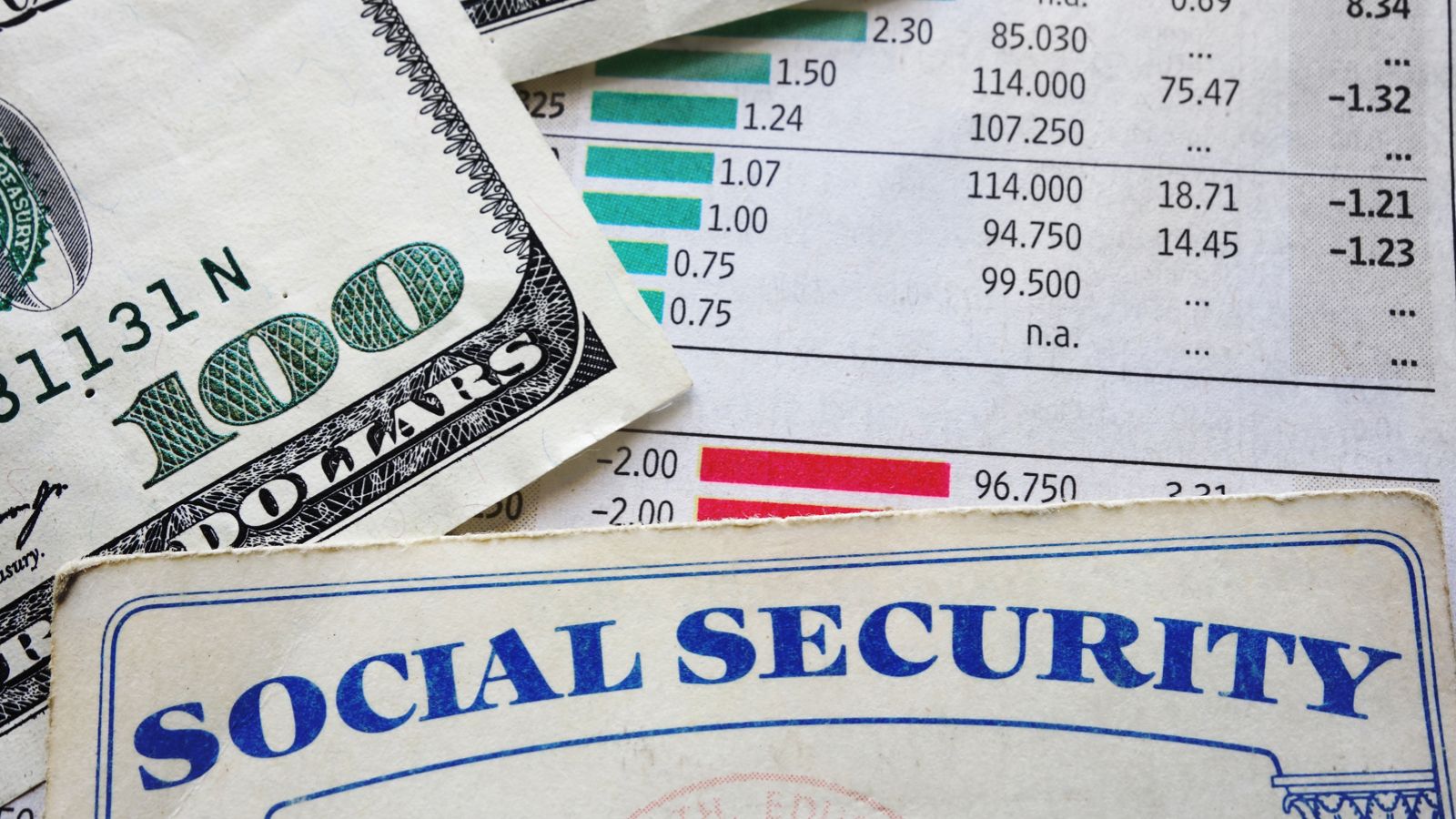
Social security cards contain social security numbers (SSNs), and they aren’t just essential for employment purposes. Investopedia shares that your SSN is required when filing your taxes, applying for loans, and receiving benefits from the government. Losing this card exposes you to identity theft and eventual financial loss too, so it’s crucial to keep it hidden from others.
Insurance Policies

Insurance policies, including health, home, auto, and life insurances, provide essential protection against financial losses caused by unforeseen events. It’s crucial to keep these documents easily accessible to quickly reference your coverage details, file claims when necessary, and ensure you fully understand the extent of your protection.
Investment Records

Investment records provide valuable insights into your portfolio’s performance and transactions. These documents help you to make informed decisions about your investments and financial strategies, proving to be essential for financial planning, tracking investment growth, optimizing returns, and making strategic adjustments for future success.
Bank Account Statements

Bank account statements provide a detailed record of your transactions and account balances. They are crucial for budgeting, tax preparation, verifying account activity, and maintaining overall financial security. Regularly review these documents to monitor your finances, detect any discrepancies, and safeguard your financial health.
Receipts

Receipts play a crucial role in documenting purchases and overall expenses, both for personal and business use. They assist in tracking spending, budgeting, and verifying transactions accurately. And keeping them organized is also great for tax purposes and warranty claims, ensuring you have proof of purchase when needed.
Bills

Bills outline the amounts owed for various services like water utilities, phones, internet, and many more. Working closely with these documents ensures that you send in your payments on time and helps you avoid late fees. When you review your bills, you also manage your monthly expenses better and budget more wisely.
Brokerage Statements

Brokerage statements offer detailed information about your investment accounts, including recent transactions and current holdings. These crucial documents are essential for monitoring the performance of your investments and making informed, strategic financial decisions for managing future investments and growth.
Car Title
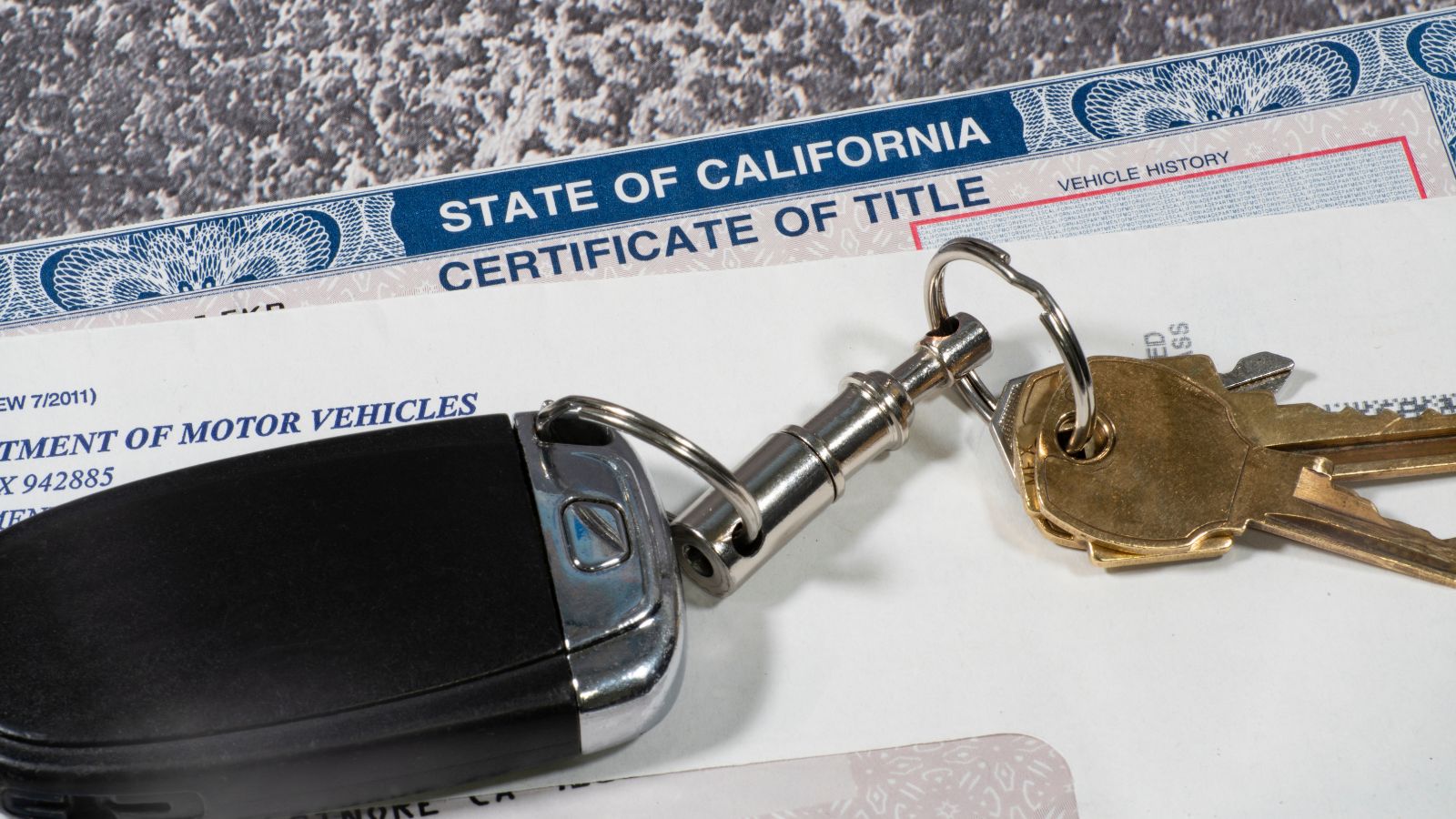
A car title is a crucial legal document that establishes ownership of your vehicle. It is required for selling, transferring ownership, registering, and every other transaction involving your vehicle. Be sure to keep your car title in a safe, secure place to ensure it’s accessible when needed for any transactions or legal purposes that may arise.
Deeds

Deeds are legal documents that establish ownership of real estate properties. They play an essential role in verifying real estate titles, resolving property disputes, managing refinancing projects, and transferring the ownership of property smoothly and efficiently between people or companies. Make sure all deeds are signed, too.
Pay Stubs
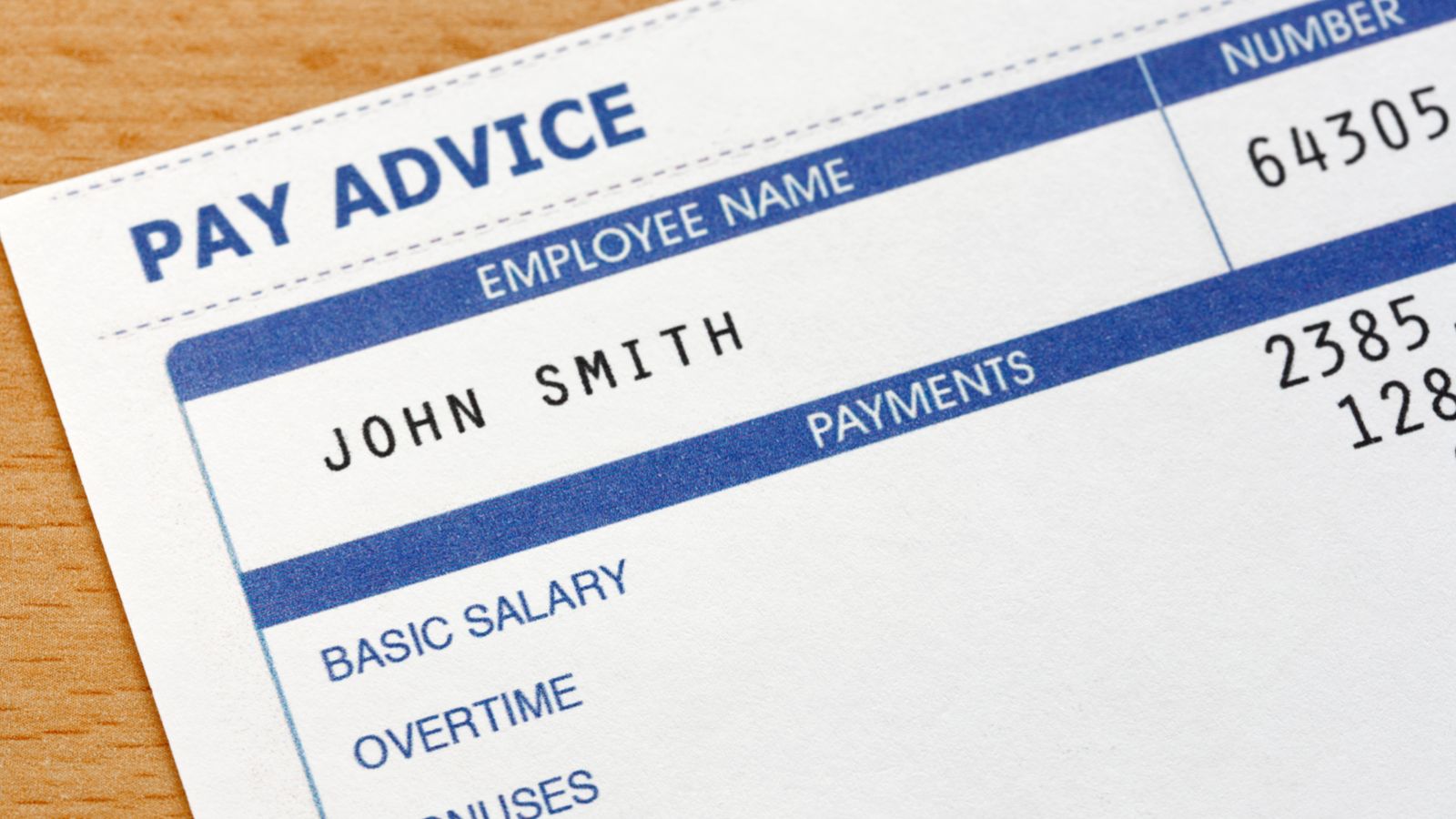
Pay stubs document your wages, taxes, contributions, and deductions at the end of each payday, providing a comprehensive record of an employee’s earnings. They are essential for verifying income and tax withholdings, as well as for budgeting, tax preparation, applying for loans, managing credit, and overall financial planning.
Canceled Checks

Canceled checks provide proof of payment for various transactions and are useful for tracking expenses, verifying payments, and resolving disputes. They also play a role in dealing with mutual funds, electronic clearance services, provident fund withdrawals, and even insurance policies. Always keep copies of them for future reference and to maintain more accurate and comprehensive financial records.
Birth Certificate
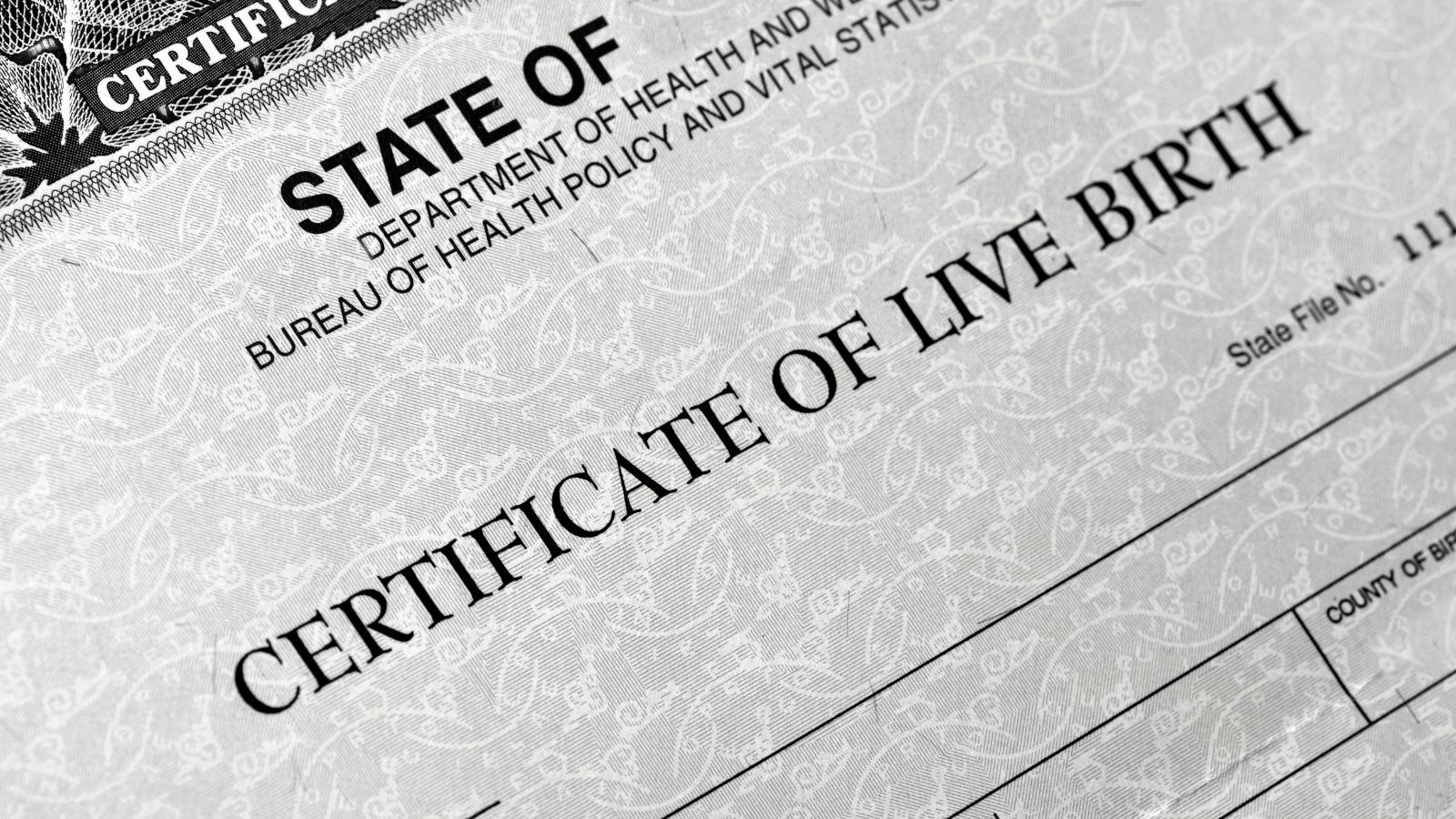
A birth certificate is a fundamental document for verifying your identity. It is required for various legal processes, such as applying for a passport or a driver’s license. This essential document plays a crucial role in establishing your identity in numerous financial transactions, legal matters, and even when enrolling in schools or government programs.
Death Certificates
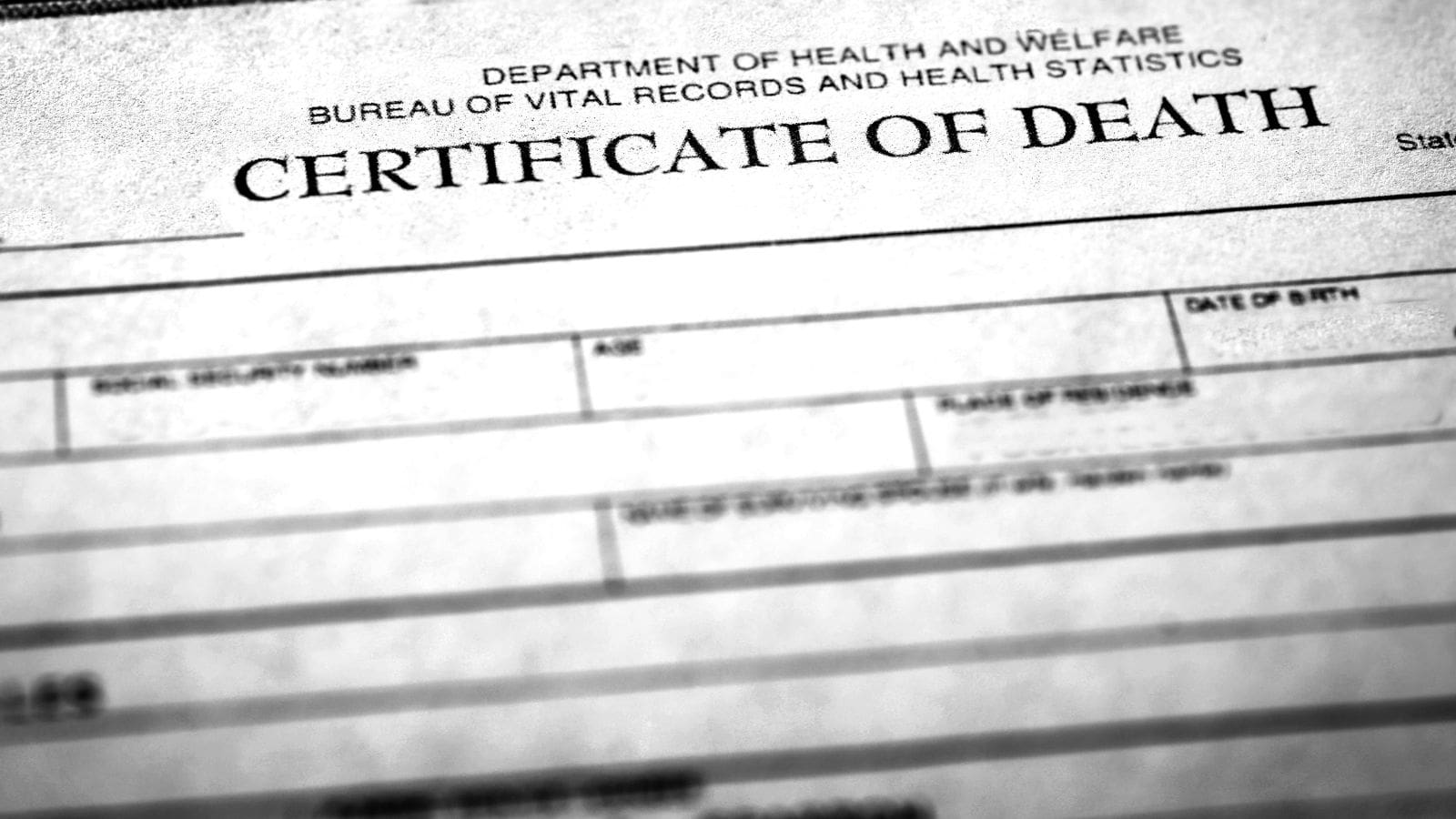
Death certificates, on the other hand, are official legal documents that verify an individual’s death. Trust & Will explains that they come in handy when you need to settle estates, claim life insurance benefits, and access deceased individuals’ accounts. Hence, it’s also important to keep death certificates in a secure location, ready for when they are needed.
Pension Statements

Pension statements provide detailed information about your pension benefits and account status. Regularly reviewing these documents helps ensure you’re on track to meet your retirement goals. They are essential for effective retirement planning and understanding your future income, allowing you to get yourself more financially comfortable in your senior years.
Divorce Decree

A divorce decree outlines the terms of your divorce, including alimony and child support. This important document is crucial for both financial planning and legal matters post-divorce. And it becomes particularly relevant for adjusting financial obligations, updating legal documents to reflect your new status, and ensuring compliance with all agreed-upon terms.
Estate Planning Documents

Estate planning documents, such as wills and trusts, ensure your assets are distributed according to your wishes after your death. These documents help you maneuver legal complications and settle family disputes quickly, providing you with peace of mind. Keep estate planning documents updated to reflect any changes in your financial situation, personal relationships, or intentions.
Invoices

Invoices give a detailed record of goods or services rendered and the amounts due. They help with tracking business transactions, managing accounts payable, maintaining accurate financial records, and ensuring proper financial oversight and accountability. Freshbooks says that they’re particularly essential for small business accounting.
IRA Contributions

Individual retirement account (IRA) records detail your deposits into IRAs, helping you to track the progress of your retirement savings. These essential documents aid in retirement planning and ensuring compliance with annual contribution limits. And by keeping them organized and up-to-date, you effectively secure your future financial independence.
Loan Documents

Loan documents detail the terms and conditions of your loans, such as repayment schedules and interest rates. It’s important to keep these documents in a secure location for easy reference throughout the loan term. They are essential for effectively managing debt, tracking your payments, and comprehensively understanding all your financial obligations.
Up Next: 18 Cities in the US That Are So Bad You Won’t Want to Visit

While there are many beautiful cities in the U.S. that are well worth a visit, there are also some that you may want to avoid. This is largely due to high crime rates or issues with quality of life. Here are 18 U.S. cities that you won’t want to visit.
18 Cities in the US That Are So Bad You Won’t Want to Visit
19 American Cities That Disappoint Visitors So Much They Wish They Never Went

The United States is a vast country with over 109,000 cities and towns and many popular tourist hotspots, promising visitors fascinating history, famous landmarks, natural wonders, impressive architecture, and cultural delights. But not every city lives up to the hype! Here, we explore 19 American destinations that often leave visitors underwhelmed.
19 American Cities That Disappoint Visitors So Much They Wish They Never Went
19 Signs That Say You’ve Officially Entered Old Age

Old age comes for us all, though we do our best to resist it for as long as possible. But aging isn’t only gray hair, wrinkled skin, and yelling at kids to get off your lawn. Here are 19 signs you’ve realized you’re no longer the young stud you once were!
